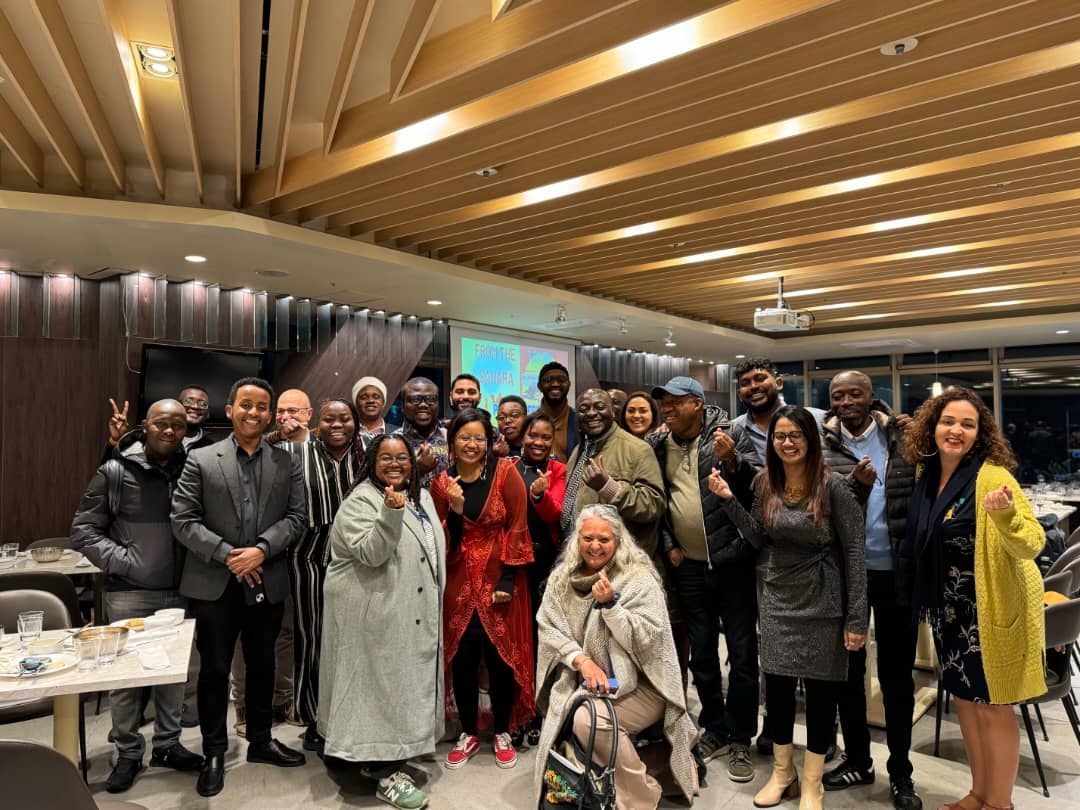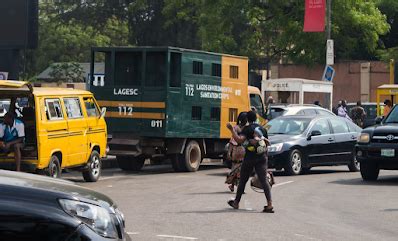The second day of The Fifth session of the Intergovernmental Negotiating Committee (INC 5) on Global Plastic Treaty started on a rather disappointing note with inadequate arrangements for participation in contact groups being the theme of the morning.
These shortcomings severely restricted the ability of observers and member states alike to meaningfully engage in the negotiation process and it is not even the first time this has happened during the INC process.
Nearly 4,000 member state representatives and observers, which include indigenous people, waste pickers, civil society representatives, rights holders, and independent scientists, have traveled from across the globe to participate, yet are faced with this logistical dilemma.
Majority of day 2 has been spent in Contact Groups 2 and 4 on midstream measures and supporting treaty provisions.
It is difficult to say if we are making progress yet, since states continue to make multiple text proposals to each and every article under the Chair’s non-paper as they have done with previous treaty text versions bringing forth the same positions which is most likely to make this text version as unmanageable as the previous versions in the hope that the co-facilitators of the contact groups will streamline the text further with only 5 days of negotiations left.
The Intergovernmental Negotiating Committee (INC) is a group tasked with developing a global treaty to end plastic pollution.
The objective of the global plastic treaty is to set global framework of standards around accountability, responsibilities, financing, material/chemical standards, import/export restrictions, targets.
The goal of the Global Plastic Treaty is to end plastic pollution by 2040 through a circular economy where all plastics are responsibly managed during production, use, and end-of-life, enabling a climate-neutral plastics industry.







